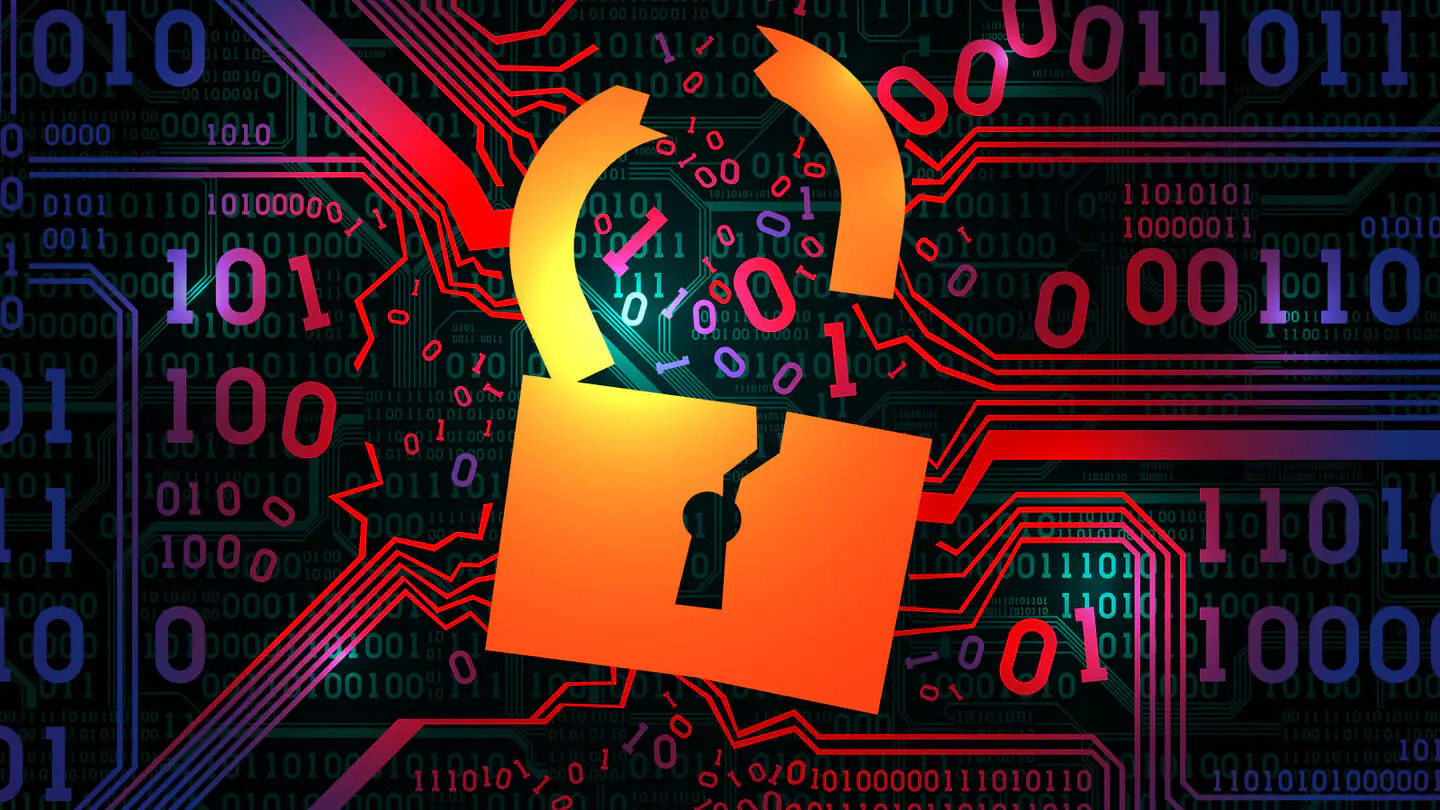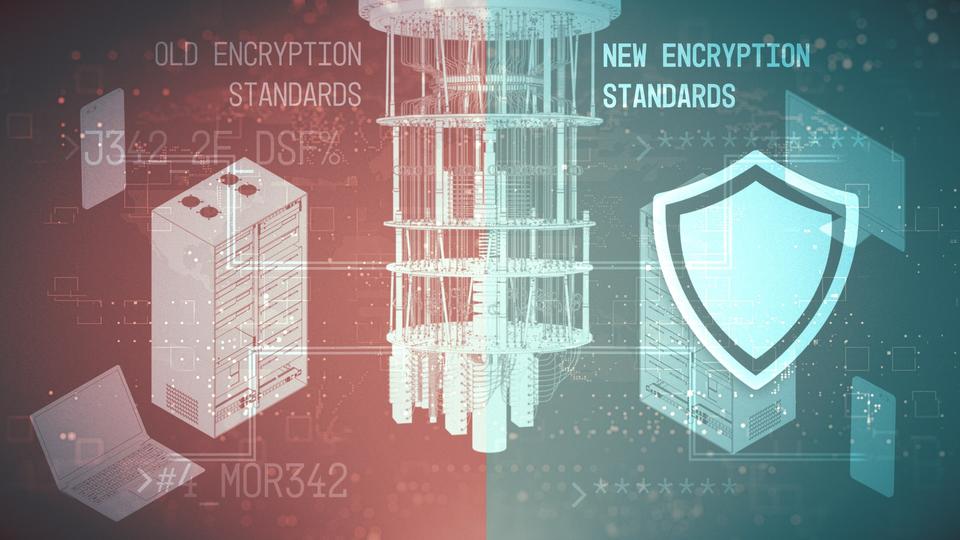A new chapter in national cybersecurity has begun. On April 11, 2024, the European Commission issued a strong recommendation to all EU member states to begin preparing for the post-quantum era. In response, Slovakia is already taking decisive steps to future-proof its critical systems. At the center of this shift are four new cryptographic standards developed by the U.S. National Institute of Standards and Technology (NIST), known as FIPS 203, 204, 205, and 206. These post-quantum encryption algorithms are designed to resist even the most advanced quantum computing attacks—and they are coming just in time.
The Rise of Post-Quantum Cybersecurity Standards
The keyphrase post-quantum cybersecurity standards perfectly captures the focus of this transformation. These standards are not theoretical. They are practical tools that will soon become mandatory for critical sectors across Europe. On a national level, Slovakia is accelerating its adoption timeline. According to Matej Michalko, CEO of Decent Cybersecurity and Chairman of the Supervisory Board of the Critical Infrastructure Association of the Slovak Republic, these technologies must be implemented without delay.
“A quantum revolution is underway, and we must be prepared to adapt critical infrastructure in Slovakia as soon as possible,” Michalko said. “The immediate deployment of NIST post-quantum cryptographic standards is a strategic matter to support our national security and economic stability.”
This urgency stems from the real and growing threat of so-called “harvest now, decrypt later” attacks. These involve adversaries storing encrypted data today, with the aim of decrypting it in the near future — once powerful enough quantum computers become available. This risk is not distant. It is imminent.
Preparing Slovakia for the Quantum Age
Slovak institutions are already rising to meet the challenge. Government agencies, financial institutions, and telecommunications providers are under increasing pressure to transition to quantum-resistant encryption methods. Protecting sensitive data — from national secrets to personal identification and financial records — requires a complete overhaul of current digital infrastructure.
While timelines for mandatory compliance are still unconfirmed, Slovakia is moving ahead. The country has already invested in research and development through public-private partnerships and academic institutions. These efforts are laying the groundwork for a smooth transition.
Nevertheless, a nationwide implementation of post-quantum cybersecurity standards will demand significant investment. New infrastructure, workforce training, and strong regulatory frameworks are all essential components of this transformation. Yet the cost of inaction would be far higher.
At Decent Cybersecurity, we are proud to be at the forefront of this national effort. Through our active role in industry associations, government advisory bodies, and international partnerships, we are helping to define what secure digital systems will look like in the post-quantum future.
Slovakia may be a small country, but its actions now will determine how well it withstands the quantum disruptions ahead. And thanks to NIST’s guidance, the roadmap is already clear.
Decent Cybersecurity continues to support businesses, government entities, and infrastructure providers in adopting these new encryption standards. Our expertise in quantum-safe security allows us to provide tailored solutions that align with the latest advancements.
For expert consultation on post-quantum encryption, contact us at [email protected].






